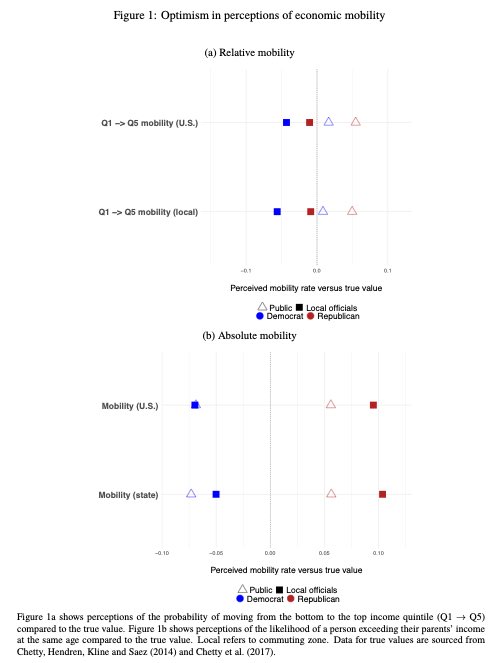
Democrats lost vote share among Latinos, from 71-29% in 2016 to 63-37% in two-way, but gained among white voters with a college degree, from 50-50 to 54-46% in 2020
New Catalyst estimates:
catalist.us/wh-national/
New Catalyst estimates:
catalist.us/wh-national/

Turnout was up substantially in 2020, especially among younger voters
New Catalist estimates:
catalist.us/wh-national/
New Catalist estimates:
catalist.us/wh-national/

The density divide remained strong in 2020, but Biden lost ground in urban areas & gained in rural & suburban areas vs 2016
New Catalist estimates:
catalist.us/wh-national/
New Catalist estimates:
catalist.us/wh-national/

Despite racial depolarization, the Democratic Party coalition remains far more diverse & is growing more diverse with the electorate.
New Catalist estimates:
catalist.us/wh-national/
New Catalist estimates:
catalist.us/wh-national/

Democrats did not gain share disproportionately from younger voters, despite the crashing level of 3rd-party support, but Democrats did gain from the rising younger generation share of the electorate
New Catalist estimates:
catalist.us/wh-national/
New Catalist estimates:
catalist.us/wh-national/

The married proportion of the electorate was down from 56% in 2016 to 52% in 2020. But the marriage gap declined from 18 points to 13 points; it also declined in House elections. Dems improved with married men from 2016.
More cross-tabs:
More cross-tabs:
https://twitter.com/jon_m_rob/status/1391774041736896525?s=20
White educational polarization continued in 2020, especially in congressional voting.
dropbox.com/scl/fi/hzqbc0g…
dropbox.com/scl/fi/hzqbc0g…

Despite sky-high turnout, there were no major changes in the composition of the electorate in 2020; the changes that did occur were likely part of long-term trends in population composition rather than changes in groups’ relative turnout rate
catalist.us/wh-national/
catalist.us/wh-national/

• • •
Missing some Tweet in this thread? You can try to
force a refresh








